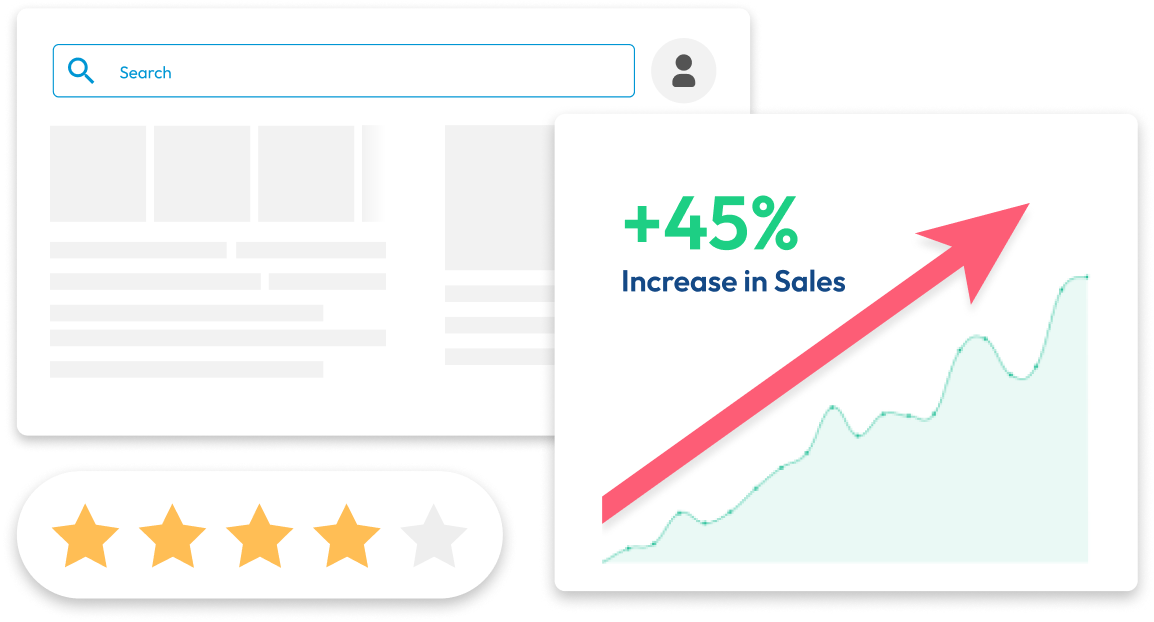Get a free consultation with us!
Stop wasting money and unlock the hidden potential of your advertising.
- Discover the power of intentional advertising
- Reach your ideal target audience.
- Maximize ad spend efficiency.

Email marketing is still one of the best ways to connect with your audience. If you're a small business owner, a marketing professional, or running an online store, getting good at email marketing can really help you engage more people and make more sales. If you want to take your email campaigns to the next level, here’s a simple guide on email marketing best practices that will help you get better results. Stop wasting money and unlock the hidden potential of your advertising. Email marketing is a smart way for businesses to connect with their customers. It’s not just about sending ads but building relationships through thoughtful messages. Here’s a detailed look at what email marketing is, why it matters, and how to do it effectively. What is Email Marketing? Email marketing involves sending emails to people who have agreed to receive them. These emails can include: Key Components of Email Marketing Email marketing is like sending letters to people's mailboxes, but instead of using the postal service, you use the internet to deliver your messages straight to their inboxes. Here's why it's so important for businesses to use email marketing: It's Cost-Effective Sending emails is much cheaper than other types of advertising, like TV commercials or newspaper ads. Businesses can reach a large number of people without spending a lot of money. Let’s not forget the ROI - for every $1 spent on email marketing, businesses can expect an average return of $44. This means it’s a very effective way to spend money. Direct Communication with Customers When you send an email, it goes right to the person's inbox. It's not like social media, where your post might get lost in other posts. Emails are more likely to be seen and read by the people you want to reach. Personalisation Businesses can personalise emails by using the recipient's name and sending them information they're interested in. For example, if someone often buys sports equipment, they might get emails about new sports gear or sales on their favourite brands. This makes customers feel valued and more likely to keep buying from that business.
Easily Trackable Results Email marketing lets businesses see how many people open their emails, click on links, or make purchases. This data helps them understand what's working and what needs to be improved for future emails.
Builds Trust and Loyalty When businesses send helpful, interesting emails regularly, they build customer trust. Customers who feel like they're getting valuable information are more likely to keep buying from that business. This trust leads to loyalty, meaning customers will choose that brand over others. You Can Reach People Worldwide Email lets businesses connect with customers worldwide, no matter where they live. Whether someone is in the same city or on the other side of the globe, they can receive the same email. This makes it easier for businesses to grow and reach new markets.
Boosts Sales Good email campaigns can lead to more sales. For example, if a business sends an email about a sale, customers might be encouraged to buy something they've been thinking about. Emails can also remind customers about items they left in their shopping carts, prompting them to complete their purchases. Saves Time with Automation Many businesses use automation tools to send emails automatically based on certain actions, like when someone signs up for a newsletter or makes a purchase. This saves time and ensures that customers receive timely messages without the business having to do it manually.
All these reasons are why it's so important for businesses to use email marketing as part of their overall marketing strategy.
A strong email list is key to successful email marketing. Here are some tips to grow and maintain it: To make sure your emails grab attention, consider these tips: To make your email campaigns even better, try these strategies: It’s important to track how well your emails are doing. Here are some key metrics to look at: Learning from others can help improve your email marketing. Here are some examples:
Chubbies Shorts: 30% More Sales with Personalised Recommendations Chubbies, a company that sells men's shorts, started sending emails that suggested products based on what customers had looked at or bought before. For example, if someone checked out swim trunks, they would get emails showing similar styles. This personal touch helped them increase their sales by 30%!
Allakando: Personal Touch in a Large Audience Allakando is an educational service provider that focused on personalised communication in its email marketing. It segmented its audience based on interests and tailored its messages accordingly. This meant that different groups of people received emails that were relevant to them, making the communication feel more personal. As a result, it saw improved engagement and more sign-ups for its services. MAD TASTY: Pivoting to eCommerce During COVID-19 When the COVID-19 pandemic hit, MAD TASTY, a company that makes hemp-infused beverages, quickly shifted to selling online. They started using email marketing to connect with their customers and promote their products. By sending regular emails with updates, special offers, and engaging content, they built a loyal audience and increased their sales significantly. Selsey: Recovering Abandoned Carts Selsey, an online retailer, effectively used abandoned cart emails to recover lost sales. They sent targeted follow-up emails to customers who left items in their shopping carts, reminding them to complete their purchases. This strategy helped them double their conversion rates and significantly boost revenue.
Sephora: 4x More Opens with Personalised Subject Lines Sephora, a popular beauty store, made their email subject lines personal by including the customer’s name and what products they liked. For example, they might send an email that says, "Lily, your favourite lipstick is back!" This made people much more likely to open the emails, leading to 4 times more opens than regular subject lines. Uber: 30% More Clicks with Fun Polls Uber, the ridesharing app, added fun polls and quizzes to its emails to make them more engaging. For instance, it might ask subscribers to guess how many rides were taken that day. This interactive content led to a 30% increase in people clicking on links in its emails and a 10% increase in sales. Other businesses can improve their email marketing by looking at how these successful companies use personalised recommendations, targeted emails, helpful information, and fun content. What’s important is that you focus on what the customer wants and deliver interesting and relevant messages. Email marketing is like having a secret weapon for your business-a super effective way to connect with your audience and promote your brand. But let's be real-crafting killer emails takes a lot of time and effort. As your email marketing agency in Melbourne, Xugars can help you create messages that are so good your subscribers will be begging for more. Imagine personalised emails that make your audience feel like you're reading their minds. Or how about segmented lists that let you send super-targeted content? We can make it happen! But it's not just about writing awesome emails. Tracking your results is key to leveling up your game. We can show you exactly how your campaigns are performing, so you can make data-driven decisions. Open rates, click-throughs, conversions - we've got it all covered.
Join forces with Xugar today - let's make the email magic begin!Get a free consultation with us!

Understanding Email Marketing
Why Email Marketing Matters
Building Your Email List
Creating Engaging Emails
Optimising Email Campaigns
Analysing Email Performance
Case Studies of Successful Email Campaigns
Ready to Skyrocket Your Email Game?





WINNER

FINALIST

FINALIST

WINNER

WINNER

FINALIST

FINALIST

WINNER
